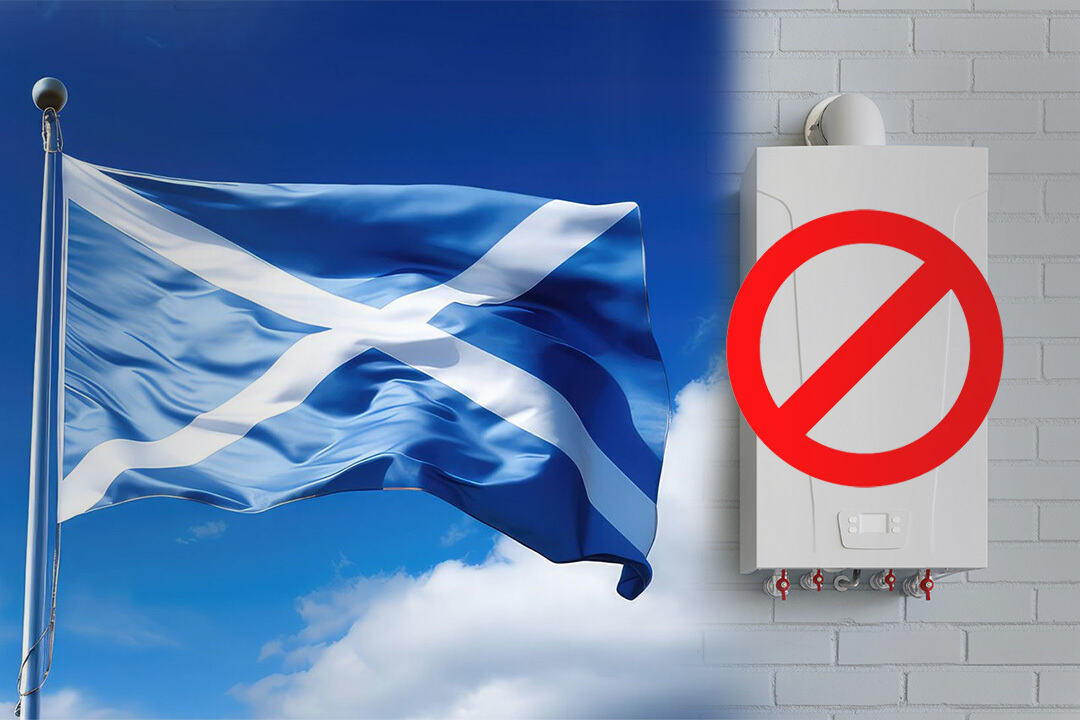Table of Contents
There has been a growing global focus on reducing carbon emissions and transitioning to more sustainable energy sources. One significant step towards achieving this goal is the phasing out of gas boilers in favour of cleaner heating systems.
This news story looks into what the Scotland gas boiler ban really means and how it might affect people who own their own homes. We talk about how the ban might change people’s homes, their bills, and the world.
In order to meet its net-zero goals, Scotland, which is known for caring about the environment, has taken bold steps to ban gas boilers in new homes.
The Scottish government’s decision to outlaw gas boilers in new buildings from 2024 marks a crucial moment in the country’s journey towards a greener future.
A lot of the carbon dioxide (CO2) that contributes to climate change comes from gas boilers. That’s the goal of the Scottish Government: zero net carbon emission by 2045. That’s five years before the rest of the UK. The gas boiler ban is seen as an important way to reach this goal.
We also talk about some ways to heat your home other than using fossil fuels, such as installing a heat pump or using electricity.
| According to Patrick Harvie, Minister of Carbon Buildings,
“Scotland’s homes and buildings account for approximately a fifth of all our emissions, and we know that we need to take bold, ambitious steps to ensure we meet our climate obligations.” |
Environmental groups have welcomed the proposal. However, some experts have raised concerns about the feasibility of the ban and the potential impact on fuel poverty.
New homes can’t have gas boilers, so they have to use other ways to heat, like heat pumps or biomass boilers. They can’t use fossil fuel-based heating systems with direct emissions, like gas-fired boilers.
These alternative heating sources emit far less carbon than gas boilers, helping to minimise Scotland’s emissions. As a result, the energy standards of all new homes will be reduced by nearly a third.
The greatest impact will be on those who are currently using gas boilers in their homes, as they will need to find a different heating source.
This might mean putting in a different kind of boiler or making other changes to the house, like insulating it. There could also be an effect on companies that set up or fix gas boilers. Because people would not need their services as much.
Since gas-fired boilers are a major source of carbon emissions, the ban will have a good effect on Scotland’s emissions over the long term.
The decision to not allow gas boilers in new homes is a big change in how Scotland thinks about green living. And protecting the environment. Scotland is building the way for a greener. A more resilient future can be achieved by switching to cleaner heating methods. And getting rid of systems that use fossil fuels.
Other areas should follow the government’s lead in making homes less carbon-intensive. And encouraging people to use energy more efficiently. Stakeholders from all fields will need to work together and come up with new ideas. And change as the shift to a low-carbon economy continues.



